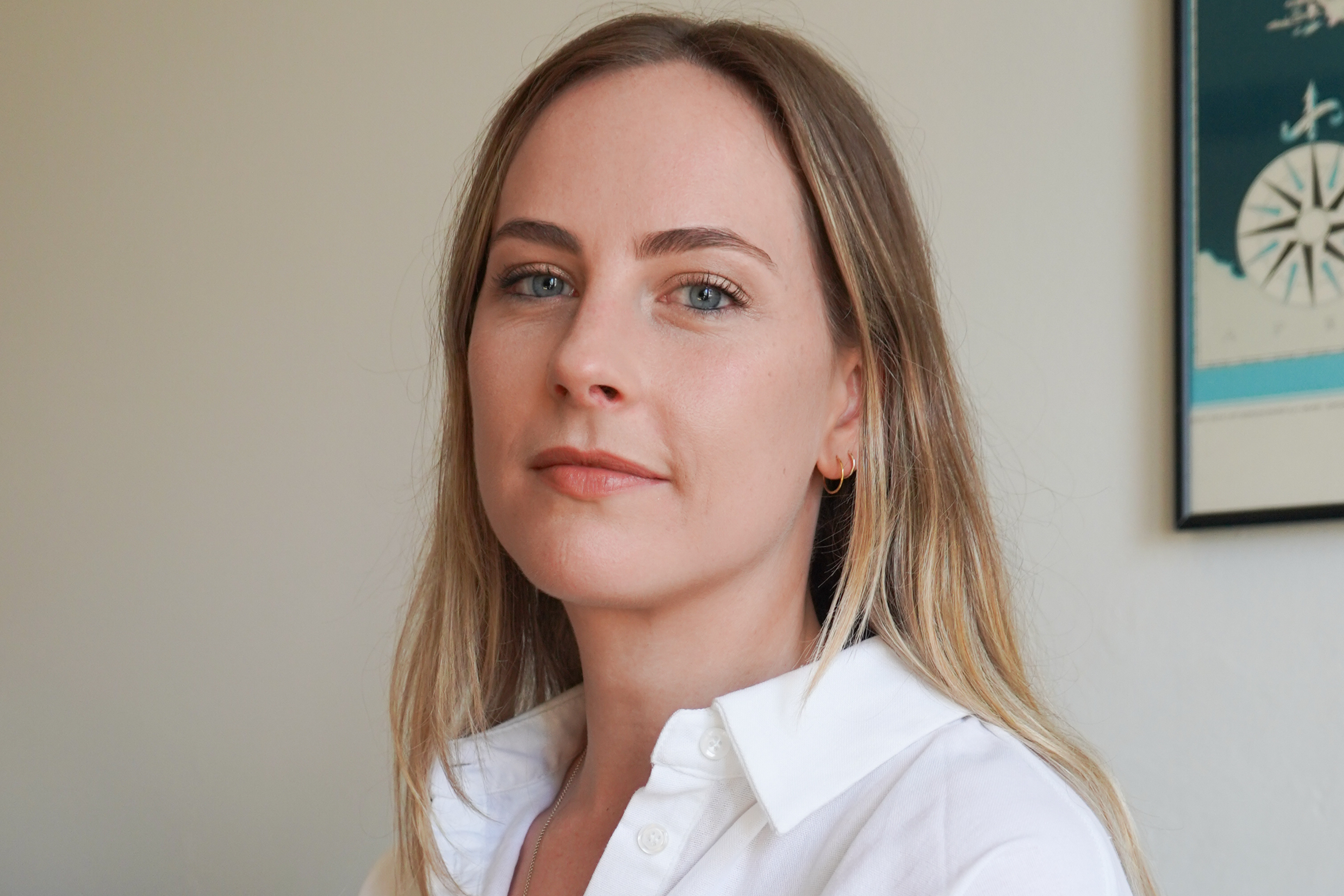Winner of the Somerset Maugham award 2022
In her first full-length book, Lucia Osborne-Crowley, author of the acclaimed Mood Indigo essay I Choose Elena, writes about the secrets a body keeps, from gender identity, puberty and menstruation to sexual pleasure; to pregnancy or its absence; and to darker secrets of abuse, invasion or violation.
The voices of women, trans and non-binary people around the world, and the author’s own deeply moving testimony, cohere into an immersive polyphonic memoir that tells the story of the young person’s body in 2021. In this boldly argued and widely researched work about reclaiming our bodies from shame, Osborne-Crowley establishes her credentials as a key intersectional feminist thinker of her generation.
Praise
‘The rigorously controlled use of subconscious memory. The very act of remembering. The attempt to reconcile not only with life, but one’s self. The complicated, exhausting discipline of internalized shame. The nearly unbearable burden of fearful abuse. The weight of forgiveness. All of this in Lucia Osborne-Crowley’s MY BODY KEEPS YOUR SECRETS. It is a profound, harrowing, enlightening book.’
—Susanna Moore, author of Miss Aluminum
‘A deeply important book about the wide, deep ocean that is pain and trauma, about the reverberations through our lives individually and collectively, psychically and physically, that we are only just beginning to understand. How we can’t separate our minds and our bodies; how it builds within us, even, maybe especially, if we try to disregard it.’
—Sophie Mackintosh, author of The Water Cure
‘This book brilliantly interrogates our relationship to our bodies but also to those around us, inhabiting each daily, hourly, minute-by-minute contradiction that having a body, and so being alive, entails. A testament to the power of externalising our own stories so as to understand them through others’ eyes, demonstrating how inextricably connected each of us ultimately is. Her writing is beautiful, unflinching and clear and, most importantly, it renders shame visible – a material thing that, having been sewn into the body, can also be cast off.’
—Olivia Sudjic, author of Asylum Road
‘This book is a burning manifesto for the revolutionary act of articulating shame and trauma. It is a testament to the feminist praxis of listening to each other’s stories in collective solidarity as a refusal of erasure and a way to claim presence and power in the world.’
—Jessica Andrews, author of Saltwater
‘My Body Keeps Your Secrets will have forever shifted my perception of how shame works physically and psychically. Weaving her own personal experience with the testimony of others, Lucia Osborne-Crowley has written a singular work that I hope will inspire many more books like it. Imbued throughout with the author’s potential for empathy, care and generosity, as well as her skill in both research and storytelling, this book is indeed a reclamation, through which we might reclaim ourselves from the shame of others.’
—Alice Hattrick, author of Ill Feelings
‘A tender, intimate and generous meditation on the burdens of structural and personal shame on bodies and lives; and a radical call for the transformational power of speaking and listening.’
—Elinor Cleghorn, author of Unwell Women
‘A potent depiction of abuse and transmitted shame – the type of shame inscribed on our bodies, clinging to our insides and concealed deep inside our core.’
—Nataliya Deleva, author of Four Minutes
‘A deeply affecting and eye-opening window into the world of shame, articulating exactly how you and others feel in a way that you may never have been able to say. Grace, style and empathy weave through this salient work.’
—Kit Caless, Influx Press
‘If there is an opposite to gaslighting, this book is it. A powerful, vital, life affirming read.’
—Alya Mooro, author of The Greater Freedom: Life as a Middle Eastern Woman Outside the Stereotypes
‘Lucia Osborne-Crowley writes through and beyond shame with clarity and lyricism in this timely book.’
—Sinéad Gleeson, author of Constellations: Essays on Bodies, Art, Illness





















